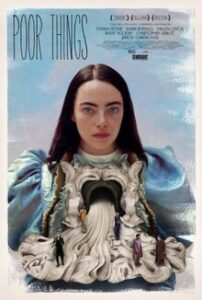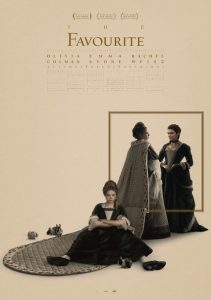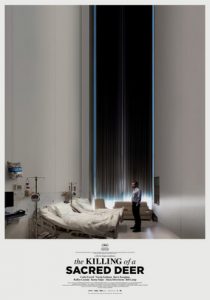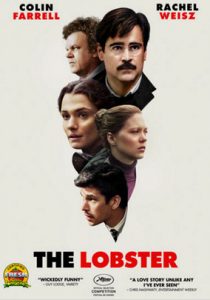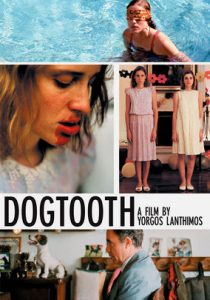Bugonia-2025
Director Yorgos Lanthimos
Starring Emma Stone, Jesse Plemons
Scott’s Review #1,499
Reviewed November 8, 2025
Grade: A
Going into the movie theater to see Bugonia (2025), I had the apt knowledge that off-center iconoclast Yorgos Lanthimos directed the film once again using his muse, superstar Emma Stone, in his latest project.
Responsible for the weird efforts like The Favourite (2018), Poor Things (2023), and a bizarre early effort, Dogtooth (2009), I knew I was in store for something off-kilter if not altogether unhinged.
My mouth salivated for something deranged, and I was not disappointed.
I hoped that no one in the theater was expecting something like La La Land (2016), also starring Stone. No disrespect intended, since I adore that film, but a story about a chirpy aspiring actress conquering Hollywood is hardly a Lanthimos storyline.
The creative Greek director hits a home run with Bugonia while subsequently convincing Stone to shave her head and take on a bald role.
Like several other recently released films, Lanthimos critiques modern society and the decisions made by this generation of human beings. He challenges the audience to ask if people have simply fucked up the Earth.
Should we start over from the dinosaur era and try to get things right?
By the time the credits rolled and a few nervous chuckles had enveloped the audience, I knew that not everyone had grasped this Lanthimos film.
Sigh.
Without spoiling the film, a late-inning surprise catapulted Bugonia from very good to exceptional, leaving me pondering the conclusion and its ramifications for days.
The idea is based on the 2003 South Korean film ‘Save the Green Planet!’ by Jang Joon-hwan. Bugonia follows two young men, led by a spectacular performance by Jesse Plemons, who kidnap a powerful CEO (Stone), suspecting that she is secretly an alien intent on destroying Earth.
Ludicrous as it sounds, the plot begins to unravel as Plemons and Stone play kidnapper and kidnappee against the backdrop of a dilapidated suburban house, each trying to outsmart the other using reasoning and conspiracy theories to argue their case.
It becomes a game of chess.
Stone’s Michelle Fuller, the CEO of a major pharmaceutical company, who has a secret connection to Plemons’s Teddy Gatz, now a beekeeper, initially assumes Teddy is dimwitted and an easy target to outmaneuver.
Along with Teddy’s cousin, Don (Aidan Delbis), an intellectually disabled young man, they accost and keep Michelle bound and tied in their basement, encouraging her to confess to being an alien and taking them back to her planet at the upcoming lunar eclipse.
The audience goes along for the ride, wondering if the characters are who they seem to be and exactly how the wacky plot will play out.
Will Michelle ultimately escape? Will the more sympathetic Don come to Michelle’s rescue?
The plot thickens when flashbacks reveal a connection between Teddy’s mother, Sandy (Alicia Silverstone), and Michelle.
Is Teddy seeking revenge, or does he believe Michelle is an alien? Or both?
Stone can’t do enough with her large green eyes, only enhanced by her bald head, which Teddy and Don shave. Her shock at both being shaved bald and accused of being an alien elicits comical moments from the actor.
Her timing is perfect as she emits corporate jargon meant to placate and manipulate Teddy. She assumes she can talk her way out of her crisis by putting on her CEO hat, which is intended to intimidate him.
The fun part is that we don’t know whether to root for Michelle or root for Teddy.
Stone and Plemons play off each other so well, keeping the dialogue juicy and crisp, and entirely engaging the audience.
Bugonia (2025) offers up twisted twists and turns set against delicious cinematography and a couple of blood-spurting dark comedy moments.
A cringy torture scene and a suggested childhood molestation only add to the bizarre puzzle that Lanthimos creates.
Fans of the director will celebrate and champion the film for its uniqueness and dizzying thrill rides. Hopefully, he will continue to inspire young filmmakers to create unconventional and thought-provoking offerings.
Oscar Nominations: Best Picture, Best Actress-Emma Stone, Best Adapted Screenplay, Best Original Score

